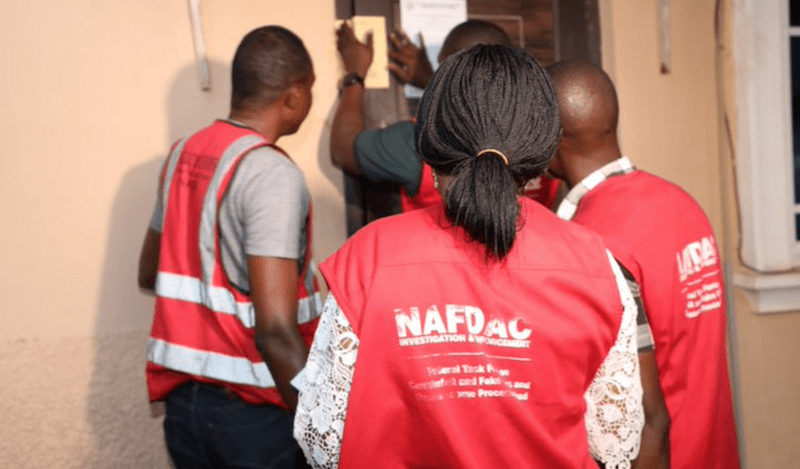Four major traders from the Ogbo Ogwu Bridge Head Market in Onitsha, Anambra State, have filed a lawsuit against the National Agency for Food and Drug Administration and Control (NAFDAC), the Standards Organisation of Nigeria (SON), and other related bodies for infringing on their fundamental human rights.
The traders—Peter Okala, Alhaji Yunusa Tanko, Prof. Samuel Anidike, and C.C. Emereonwu—are also members of the United Nigeria Group. They are challenging what they describe as unlawful actions by NAFDAC, which they claim involved unjustly disrupting their businesses.
Represented by their lawyer, Chibuike Nwabueze, the traders are seeking legal relief from the Federal High Court sitting in Awka. The traders argue that not all market vendors are selling counterfeit drugs, as accused by NAFDAC. Their legal action, identified as suit No PHC/AWK/CS/40/2025, includes requests for several injunctions.
Among the demands is a court order to prevent further break-ins of their shops by NAFDAC officials, police, and other security operatives, without a valid court order or search warrant. The traders are also seeking the return of goods that were confiscated during the raids.
In addition, they are asking the court to grant them N50 million in exemplary damages and another N50 million in general damages due to the disruptions and financial losses caused by NAFDAC’s actions.
Before taking the matter to court, the traders had held a press conference to condemn the “sudden invasion and sealing” of the market by NAFDAC. They described the raid as “barbaric” and a violation of their rights. According to the traders, they have incurred losses of over N200 million since the market’s closure, which has left many without a source of income.
The traders further allege that NAFDAC’s operatives, accompanied by military, police, and security personnel, carted away goods worth up to N500 billion during the market sealing, further escalating the damage to their livelihoods.




